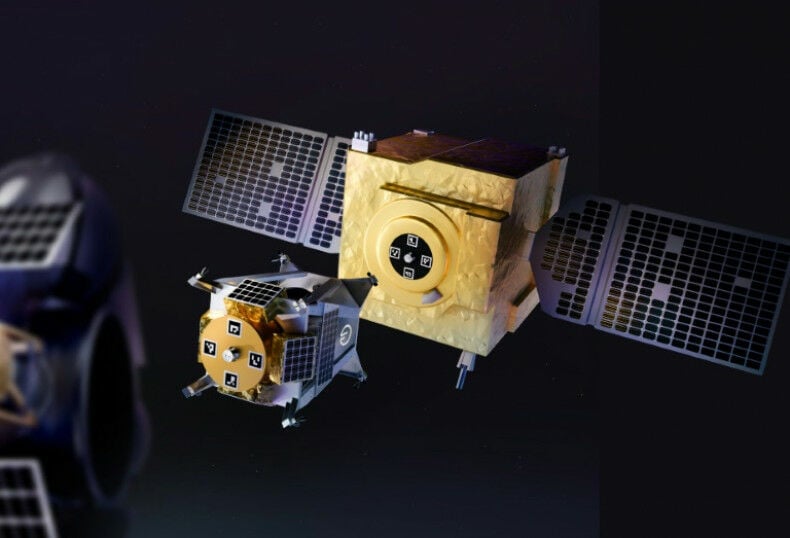Gas stations in space: Orbit Fab is revolutionising the satellite industry

Orbit Fab, a US based company, is working on creating innovative “gas stations” in space to support the flourishing satellite industry, making it more profitable and sustainable. The technology is focused on providing refuelling options that will extend the operational life of satellites, according to the company’s CEO.
Conventional solar panels on satellites can generate energy to power onboard systems such as cameras and radios, but they cannot assist in position adjustments, explains Orbit Fab’s co-founder, Daniel Faber. He says that satellites inevitably drift from their desired positions, necessitating continuous adjustments that require propellant.
Currently, the lifespan of a satellite is dependent on how much fuel it can carry into orbit. Faber believes that refuelling options in space will prevent them from being discarded after their fuel runs out, a practice he describes as “crazy” considering the costs involved in manufacturing and launching satellites.
Orbit Fab has a vision for placing large tanks containing several tons of fuel in orbit. Smaller, more manoeuvrable vessels would then shuttle between these tanks and satellites, functioning as robotic pump attendants. Despite the potential risks involved, Faber is confident that with extensive testing on the ground and in orbit, the technology will be safe.
The compatibility will be an essential factor, as satellites seeking propellant from Orbit Fab will require suitable fuel ports. Faber mentions that 200 to 250 satellites are currently being designed to utilise the company’s system. With 24,500 satellites scheduled for launch between 2022 and 2031, as reported by the consultancy Euroconsult, the market has significant growth potential.
Orbit Fab, which has a staff of around 60 and is looking to hire an additional 25 people, has already launched one tank into orbit and plans to conduct fuel transfer tests. In 2019, the company successfully completed water-transfer tests at the International Space Station. Faber reveals that their first contract with the US government is to deliver fuel to Space Force satellites in 2025.
Additional advantages of in-orbit refuelling include a reduction in overall spacecraft weight, making previously unattainable projects due to weight restrictions more viable. Furthermore, extending satellite life will ultimately make them more profitable.
In addition to refuelling, there are other satellite servicing options being explored, with around 130 companies emerging within the sector. Faber sees a “symbiotic” relationship with these start-ups, as their machines would also require refuelling and could potentially offer supportive services or even repair any issues encountered by Orbit Fab’s spacecraft.
The company has already entered into a refuelling agreement with Astroscale, a Japanese company focused on clearing space debris, among other services. Orbit Fab also plans to provide support to privately-developed space stations and is eyeing potential markets on and around the Moon, concentrating on converting lunar materials into propellant and delivering it to clients.
Faber points out that there is “nothing there” on the Moon at the moment, but he expects that to change dramatically within the next five to 20 years.
Latest Thailand News
Follow The Thaiger on Google News:


























